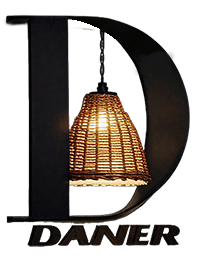Sustainable Rattan Lighting: From Raw Materials to Finished Pendant
The journey of sustainable rattan lighting is a testament to nature’s beauty and the skill of human hands. Let’s explore how each hand-woven rattan light evolves from raw bamboo and rattan into a stunning finished pendant, loved in boho, modern, and coastal interiors.
1. Ethical Material Harvesting
Every lamp starts with responsible sourcing. Only the highest quality natural rattan lamp and bamboo hanging pendant materials are selected, ensuring ecological balance and supporting communities. This eco-friendly approach is crucial for both the environment and the authenticity of each eco friendly rattan lamp.
2. Crafting and Shaping
Artisans meticulously prepare the rattan and bamboo, softening them for easy weaving. Hand tools and age-old techniques allow the creation of intricate patterns, producing everything from bohemian wicker lamp to hand-woven wicker lamp. Each lamp is unique, carrying the signature of its maker.
3. Assembly & Detailing
After weaving, the lamp is assembled and refined. Finishing touches—such as natural oiling—highlight the organic character of the coastal bamboo light fixture and modern rattan light fixture. Safety and beauty are balanced for real-world use in homes, restaurants, and boutique hotels.
4. Market & Customer Impact
These lamps are in demand for their eco friendly bamboo lighting qualities and artistic flair. Customers looking for sustainable, artisanal lighting—like the artisanal bamboo pendant light and japandi rattan lamp—choose these products for both aesthetics and values.
5. Lasting Quality
A genuine vintage bamboo rattan lamp or woven wicker table lamp is durable, timeless, and always in style. It brings a warm, natural ambiance and a story of craftsmanship into every space.
Address
No. 3, Lane 6, Fushan, Tiebian Village, Henglan, Zhongshan City

CONTACT US
_lutHu5.png)


Call Us
13527147288
E-mail Us
.jpg)



